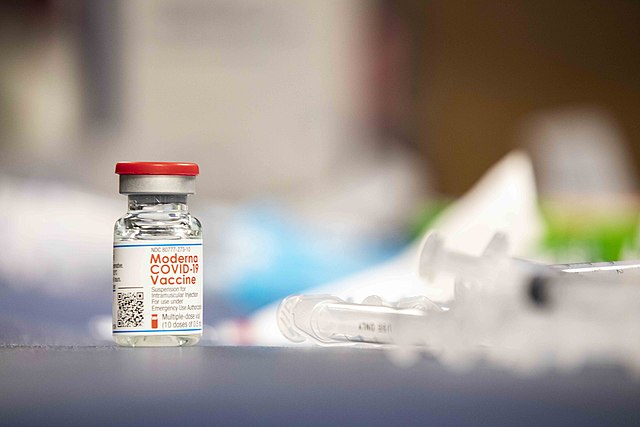Editorial | Testing unvaccinated students is a costly, unequal alternative to vaccination
September 14, 2021
As of right now, all Pitt students must either be fully vaccinated against COVID-19 or submit to mandatory weekly testing. This implies that these are equal choices — they most certainly are not.
At last Wednesday’s Senate Council meeting, Chancellor Patrick Gallagher said the testing program will cost the University anywhere between $20 and $50 million. We hope that your mind immediately jumps to the recent tuition increases, which range from an average of 2.5% for in-state students to 4.5% for out-of-staters.
When talking about unvaccinated individuals, it’s important to make a distinction between those who are unvaccinated for legitimate reasons, and those who are simply unwilling to protect themselves and those around them. There are criteria for medical or religious exemptions in place for the several vaccines that the University already mandates — there’s no reason that these couldn’t be carried over to COVID-19.
Acknowledging that, it’s not feasible to entirely eliminate this testing program. But running a testing program of this scale to accommodate ignorant, misinformed objectors is financially untenable, profoundly unfair to vaccinated students — who pay just as much in tuition as unvaccinated ones do — and insufficient as a public health measure.
Some alternatives to free, weekly testing include eliminating the former word. Those who are unvaccinated without a religious or medical exemption should bear this cost. Freedom, in this case, should include a student’s freedom to cough up a few bucks every week they hold out on getting a safe and effective vaccine.
Even then, this really isn’t a sufficient solution. The current test return rate is below 10% for unvaccinated students, meaning that the testing alternative is essentially useless as a public health tool. There’s also plenty of baked-in flaws with virus testing.
For starters, it’s very plausible that a student could test negative on Friday, contract COVID-19 on Saturday and be contagious well before that next swab rolls around. After spending a week attending in-person classes, that infected, unvaccinated individual potentially exposed their peers, professors and University staff to COVID-19. Many of these people are in contact with immunocompromised loved ones or have children at home who cannot yet get vaccinated.
There’s also the option to mandate vaccines at the University. When we last wrote about this, the Pfizer vaccine still lacked full approval from the FDA and was only being distributed under emergency authorization. That made the legal waters surrounding vaccine mandates murky, or at least provided some fodder for lawsuits against Pitt. The University can now rest assured that it would be mandating — at least in regards to Pfizer — a vaccine with full approval from one of the most cautious government agencies around.
It’s tough to justify Pitt’s refusal to mandate vaccines at this point in the pandemic. The University’s Faculty Assembly, Senate Council and Student Government Board all expressed strong support for a mandate, yet Chancellor Patrick Gallagher responded with indifference. Acknowledging that “people have opinions” and then disregarding them as mere “pressure” is hardly a defense.
We will offer Pitt credit on one point though. After numerous COVID-19 mitigation measures that seemed heavily driven by financial concerns, this is a nice change of pace. We guess when it comes to coddling willingly unvaccinated students, money is no object.








